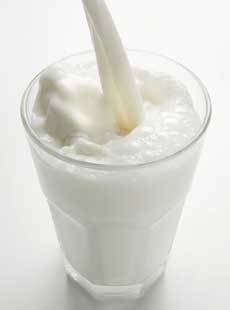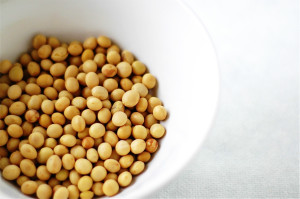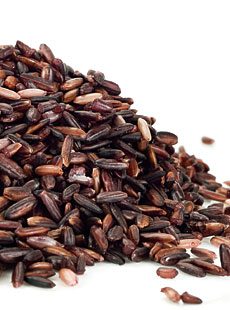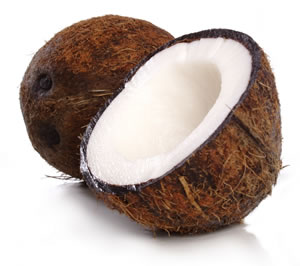What you need to know about milk alternatives

Not that long ago, when you asked someone if you wanted a glass of milk, it meant cow’s milk, or if you were really adventurous, goat milk. Nowadays, consumers are faced with a multitude of milk options, such as almond, soy, rice and coconut. If you’re thinking about branching out from cow’s milk, or are lactose intolerant, here’s what you need to know about your other milk alternatives.
This milk is made from ground almonds and water, making for a lower-calorie milk option. A glass of almond milk usually varies from 35-60 calories per cup, depending on whether you choose unsweetened. Almond milk has no saturated fat or cholesterol, but is low in protein. A glass of almond milk provides you with only one gram of protein per cup, while cow’s milk clocks in with eight grams per cup. Most brands of almond milk are fortified with calcium, zinc and vitamins A, D, B2 and B12 to put them on par with the values that are naturally occurring in regular milk.
Soy milk is derived from soybeans. A glass usually has between 60-100 calories, depending on whether or not you choose and unsweetened variety. It provides seven grams of protein per cup, making it a comparable option to cow’s milk. Soy milk is a good source of alpha-linolenic acid (ALA), which is a type of omega-3 fatty acid. One glass provides 300 mg of ALA, which is a significant chunk of the daily requirement (1,100 mg for women, 1,600 for men). A glass of soy milk usually has 3-4g of fat.
Rice milk
Rice milk is made by blending partly milled rice and water, making for a higher carbohydrate drink than most other milks. Rice milk is low in protein. A glass usually ranges from 90-120 calories, depending on added sweetener. Rice milk is saturated fat and cholesterol free.
Coconut milk is derived from water and coconut cream, which is the thicker layer that rises to the top of coconut milk when it is being processed. Coconut milk is a source of saturated fat, but this fat may have health benefits. The saturated fat is made of medium-chain fatty acids, which in comparison to long-chain fatty acids, are stored less in fat tissue. New research has indicated that medium-chain fatty acids may in fact inhance calorie burning. The saturated fat in coconut milk also seems to help increase HDL, the beneficial cholesteral in your blood. Coconut milk is a low protein option and most brands fortify them with vitamins A, D and B12. Unsweetened varieties clock in at approximately 50 calories per cup.






